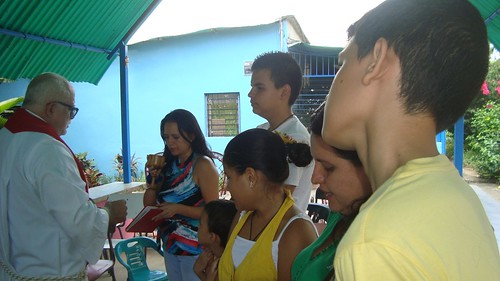

On Sunday, Oct. 26, 2014, we celebrated Reformation Day together with members of Corpus Christi Lutheran Church in Barinas, in keeping with the liturgical custom of remembering Martin Luther´s posting of the 95 Theses on or the Sunday before October 31.
On that date in 1517, Luther got the Reformation ball rolling by nailing a copy of the 95 Theses to the door of the Castle Church in Wittenberg, Germany. The paper challenged the validity of papal indulgences (letters of release from having to do penance for sins, including punishment in púrgatory), but beyond that, questioned the very concept of "doing penance", repentance as an outward, legalistic requirement to regain God's favor, rather than an inward transformation of heart and mind accomplished not by one's own works, but the action of the Holy Spirit. Even beyond that, Luther asked why the Pope, if indeed he had the power to impose penalties on people who had passed from this life, would not simply release all souls from purgatory out of Christian love.
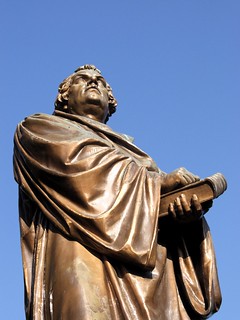 Even that wasn't the end of it. Luther's theses by impĺication raised other issues. When asked by what authority he challenged the authority of the Roman church, Luther cited the Holy Scriptures as an authority greater than that of popes and councils. This led to one of the great rallying cries of the Reformation, "Sola Scriptura" (Scripture alone is the only infallible rule of faith).
Even that wasn't the end of it. Luther's theses by impĺication raised other issues. When asked by what authority he challenged the authority of the Roman church, Luther cited the Holy Scriptures as an authority greater than that of popes and councils. This led to one of the great rallying cries of the Reformation, "Sola Scriptura" (Scripture alone is the only infallible rule of faith).
Our appointed epistle lesson, Romans 3:21-28, covers the other two, sola gratia ("For all have sinned, and come short of the glory of God; Being justified freely by his grace through the redemption that is in Christ Jesus..." verses 23-24) and sola fide ("Therefore we conclude that a man is justified by faith without the deeds of the law." verse 28). But also we find an emphasis on the power and certainty of God's abiding Word: "But now the righteousness of God without the law is manifested, being witnessed by the law and the prophets; Even the righteousness of God which is by faith of Jesus Christ unto all and upon all them that believe..." verse 21-22.
This theme we find in the Old Testament lesson, 1 Samuel 3:19-21: "And all Israel from Dan even to Beer–sheba knew that Samuel was established to be a prophet of the LORD...for the LORD revealed himself to Samuel in Shiloh by the word of the LORD." verse 20-21. And also in the Gospel, John 8:31-36: "If you continue in my word, then are you my disciples indeed; And you shall know the truth, and the truth shall make you free." verses 31-32. The freedom spoken of here is not political liberty, as Jesus makes clear, but freedom from the condemnation of original and actual sin in the eyes of God.
The written Word is the testimony of the prophets and apostles, who were eyewitnesses to the mighty, revelatory acts of God within human history. But their writings are authoritative not only because of what they saw and heard for themselves of God's revelation, but because God the Holy Spirit revealed through them both God's Law and Gospel (2 Timothy 3:16; Romans 16:26; Ephesians 2:20; Ephesians 3:5; Hebrews 1:1-2; 2 Peter 3:2). The Holy Spirit not only spoke to the prophets and apostles hundreds of years ago, but continues to speak to us today through the Scriptures. It is through the Scriptures that we, who have not seen Christ in visible form, still come to know Him as Lord and Savior, and it is on the Scriptures that the authority of the Church and the validity of its sacraments are based. To the extent that the Reformation reaffirmed the authority, sufficiency and clarity of the Scriptures, it was a victory and evidence of the Holy Spirit continuing to guide the church into all truth.
Chikungunya arrives in La Caramuca

The chikungunya virus was discovered in 1952, following an outbreak on the Makonde Plateau, a border area between Mozambique and Tanzania. The name chikungunya is derived from a Makonde word that describes the stooped posture that results from the arthritic symptoms of the disease. Subsequent outbreaks of the mosquito-borne disease occurred in Africa, Asia and Europe at intervals of two to 20 years. In late 2013, the chikungunya virus was found for the first time in the Americas on islands in the Caribbean. The first cases of chikungunya in Venezuela were reported on June 12, 2014. As of early October, 788 cases of chikungunya had been confirmed in Venezuela.
These are more than statistics to us now as three of Luz Maria's grandchildren have been diagnosed with the disease: Aaron and Oriana Montoya, and Jhoan Andrés Leal. Also we have heard that Graciela de Brito, a member of Corpus Christi Lutheran Church has been stricken.
The most common symptoms of chikungunya virus infection are fever and joint pain. Other symptoms may include headache, muscle pain, joint swelling, or rash. Chikungunya disease does not often result in death, but the symptoms can be severe and disabling. Most patients feel better within a week. In some people, the joint pain may persist for months. People at risk for more severe disease include newborns infected around the time of birth, older adults, and people with medical conditions such as high blood pressure, diabetes, or heart disease.
There is no vaccine or treatment for chikungunya except for the use of painkillers like acetaminophen. Unfortunately, such common medications are in short supply here. On Friday, Oct. 24, when Luz Maria, her daughter, Charli, and I traveled to Barquisimeto, Venezuela's fourth-largest city, to receive our certificates for on-line teaching from Universidad Centrooccidente "Lisandro Alvarado", we looked for acetaminophen in five pharmacies, including a hospital pharmacy and could find none.
Venezuela also is faced with new outbreaks of dengue fever, and malaria. It is feared that with the shortages of foodstuffs and basic medicines, Venezuela will be particularly vulnerable to an outbreak of ebola.
Please pray for us as we confront this public health threat.






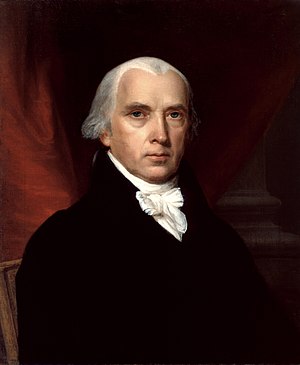


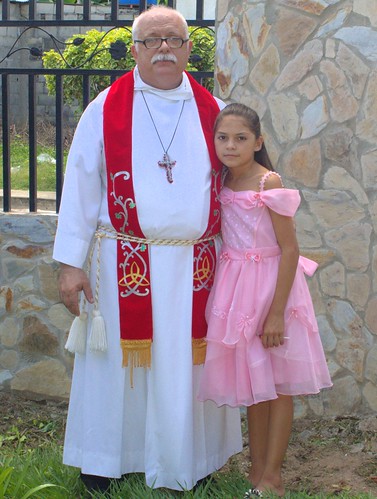
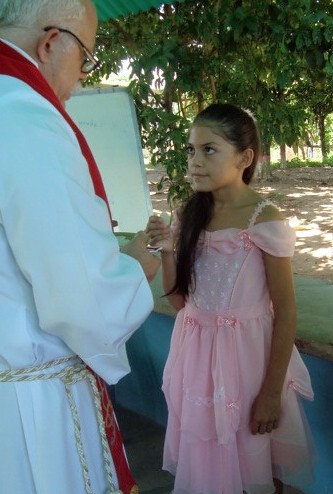














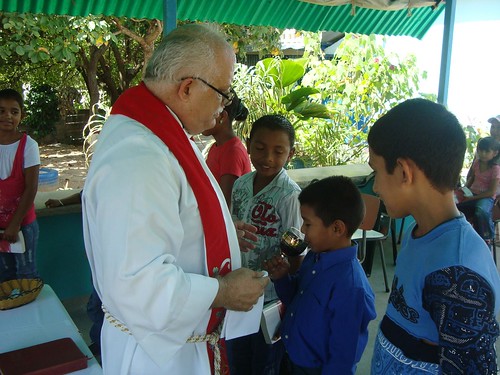
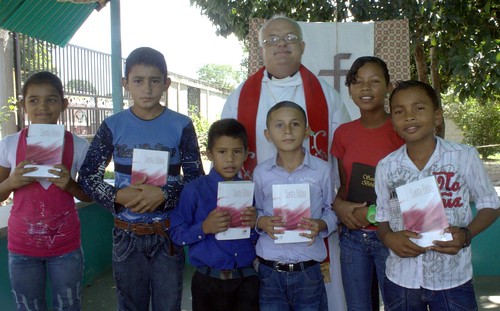

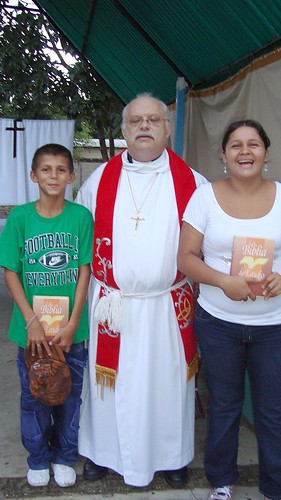

![Reblog this post [with Zemanta]](http://img.zemanta.com/reblog_e.png?x-id=42ca520f-a06c-4ba9-b6a7-d2c62e1c70fa)



![Reblog this post [with Zemanta]](http://img.zemanta.com/reblog_e.png?x-id=193fa040-34dc-4f13-8efb-b4435dd07fc8)